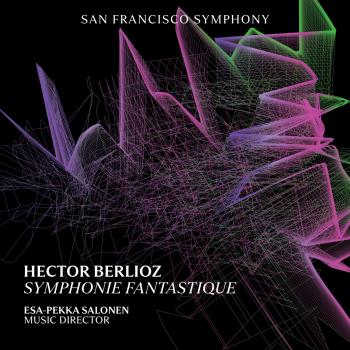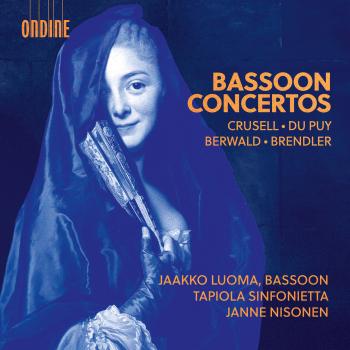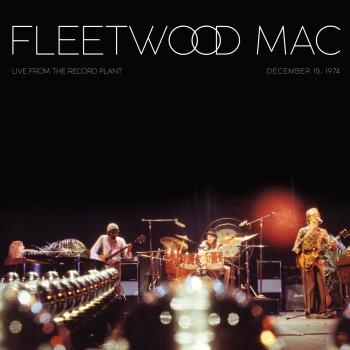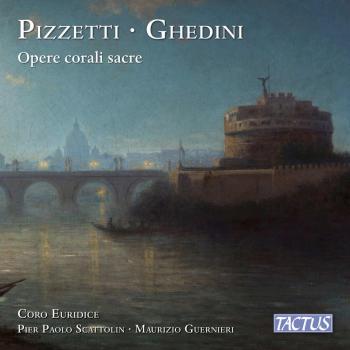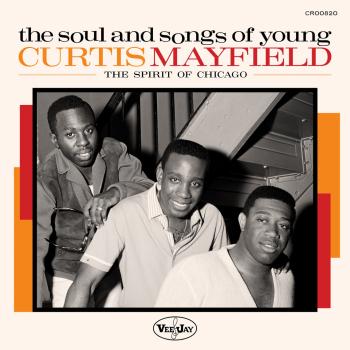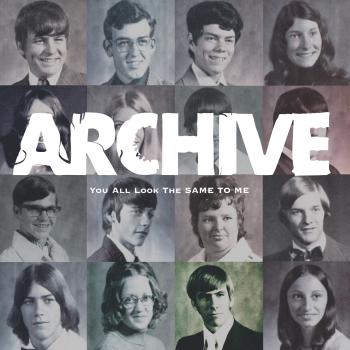
Invitation au voyage, mélodies Françaises Stéphanie d'Oustrac & Pascal Jourdan
Album info
Album-Release:
2014
HRA-Release:
24.10.2014
Album including Album cover Booklet (PDF)
- 1 L'invitation au voyage 04:26
- 2 Soupir 03:06
- 3 Chanson triste 03:16
- 4 La Vie antérieure 04:27
- 5 Odelette 02:52
- 6 Voeu 01:22
- 7 Dédette 00:49
- 8 Nocturne 04:49
- 9 I. Le Balcon 07:49
- 10 II. Harmonie du soir 04:14
- 11 III. Le Jet d'eau 05:28
- 12 IV. Recueillement 04:54
- 13 V. La Mort des Amants 03:18
- 14 I. Soupir 02:45
- 15 II. Placet futile 02:12
- 16 III. Eventail 02:24
- 17 Si tout ceci n’est qu’un pauvre rêve 02:02
- 18 Nous nous aimerons tant 02:48
- 19 Vous m’avez regardé avec toute votre âme 01:39
- 20 La Chère Blessure 03:06
- 21 A Chloris 03:14
Info for Invitation au voyage, mélodies Françaises
For her third album for Ambronay Editions, Stéphanie d'Oustrac invites us to a very intimate journey into the heart of the French melody. Carried by the shimmering piano Pascal Jourdan, we listen to her voluptuous timbre on the works of Debussy, Hahn, and Duparc.
The program also takes us to the discovery of more rare pieces of the composers Jacques La Presles and Lili Boulanger.
What an ambiguous programme! A modern-day music lover concerned about the accuracy of his or her points of reference and the excellence of his or her taste might a priori be irritated, on listening to the pieces that make up this recital, to see placed on the same level one of the most eminent composers in musical and a completely unknown figure, Debussy and La Presle; similarly, is it good form to permit Duparc and Boulanger, two ‘geniuses struck down in their prime’ whose creative existences were so prematurely interrupted by incapacity or death, to form a ménage à trois here with that naughty boy Reynaldo Hahn, the podgy prince of operetta? More than a century after the event, we believe that artistic history has already separated the wheat from the chaff, that the distinction between timeless artists and urbane amusers is well established. [...]
Nevertheless, the history of an art is one thing, and that of taste quite another. The former, more and more critical, and even scientific, can pride itself on the objectivity of the historian when it seeks to hand out prizes for invention, to award top marks for originality; the latter, still hesitant, draws its substance from the opinions and prejudices that each era harbors more or less lucidly and consciously with respect to the arts of its own day and of the past. A hundred years after the composition of these melodies, is it possible for our era simply to listen to them, setting aside its received ideas, even in the favorably inclined milieu of classical music lovers? How can the deconstructed music of today’s cultural consumption, devoid of normative benchmarks, possibly imagine the rules, as convoluted as they were arrogant, of the ‘Bon Goût Français’ that reigned in the salons frequented by Marcel Proust?
Stéphanie d'Oustrac, mezzo-soprano
Pascal Jourdan, piano
Stéphanie d’Oustrac
First revealed to the public by William Christie in Lully’s Thésée at the Am- bronay European Baroque Academy of 1998, Stéphanie d’Oustrac has become a leading personality in the world of Baroque music. After studying drama at the Conservatoire National Régional in Rennes, she took advanced courses in singing at the Conservatoire National Supérieur de Musique et de Danse in Lyon. She appears with equal success on the concert platform and on the lyric stage, in Baroque and Classical opera and in operetta. Her ardent temperament in any role she plays immediately brought her to the attention of critics and audi- ences alike.
The numerous parts she has tackled naturally include the title role in Bizet’s Carmen (in 2010), but among other highlights of her career have been Ot- tavia in Monteverdi’s L’incoronazione di Poppea; Lully’s Armide; Marc-Antoine Charpentier’s Médée; Dido in Purcell’s Dido and Aeneas; Ruggiero in Alcina and Sesto in Giulio Cesare (Handel); Zerlina in Don Giovanni, Cherubino in Le nozze di Figaro, Ida- mante in Idomeneo, and Sesto in La clemenza di Tito (Mozart); Rosina in Il barbiere di Siviglia and Isolier in Le Comte Ory (Rossini); the title roles in Offenbach’s La Périchole and La Belle Hélène and Britten’s solo cantata Phaedra; Concepcion in Ravel’s L’Heure espagnole; and Mélisande in Debussy’s Pelléas et Mélisande.
Stéphanie d’Oustrac has sung under the direction of William Christie, Gabriel Garrido, Jean-Claude Malgoire, Marc Minkowski, Sir John Eliot Gardiner, Myung-Whun Chung, Hervé Niquet, Christopher Hogwood, René Jacobs, Alan Curtis, Jesús López Cobos, Jean-Claude Casadesus, Sir Colin Davis, Charles Dutoit, Ádám Fischer, and many others.
She has appeared in the most prestigious venues, in- cluding the Théâtre du Châtelet, Opéra Comique, and Théâtre des Champs-Élysées in Paris; the Ambronay, Aix- en-Provence, Glyndebourne, and Saint-Denis festivals; the opera houses of Lille, Marseille, Bordeaux, Montpel- lier, Lyon, Baden-Baden, Amsterdam, Rome, and Luxem- bourg; the Grand Théâtre in Geneva, the Barbican Centre in London, and the Bunkamura Hall in Tokyo.
Stéphanie d’Oustrac is one of the key artists of the Am- bronay Éditions label: her Haydn disc Arianna a Naxos was acclaimed by the critics on its release in 2010, and was named ffff in Télérama, Editor’s Choice in Gramo- phone, 5 Diapason, M of Mezzo, and Clé de Resmusica. The following disc, Ferveur & Extase, recorded in 2011 with the ensemble Amarillis, received the Diamant d’Or from Opéra Magazine and 5 Diapason.
Pascal Jourdan
studied the piano at the Conservatoire National Supérieur de Musique de Lyon with Eric Heidsieck (graduating with the DNESM), then with Roger Muraro (postgraduate course), as well as analysis and harmony and counterpoint with Gérard Gastinel and chamber music with Michele Scharapan. He is also a graduate of the Accademia Nazionale Santa Cecilia in Rome. In parallel with these studies, from 1990 to 1997, he received tuition from Éliane Richepin.
A noted chamber musician, he is a member of the Trio Elias and Trio Novalis. His passion for the lied and mélodie repertoire is reflected in his artistic partnership with the mezzo-soprano Stéphanie d’Oustrac, with whom he has worked for the past twenty years.
He has won prizes at several international competitions (Trio di Trieste, Musique de Chambre de Lyon, Ragusa-IBLA, Fondation Cziffra) and from Mécénat Société Générale, and has recorded fre- quently for radio and television (France Musique, Radio Suisse Romande, RTBF, Radio Canada, ABC, Mezzo, RAI, RFO, France 2, France 3).
He has appeared in some twenty countries in Europe, Asia, and Australia, in prestigious concert halls in Lyon, Paris, Geneva, Bruges, Florence, Oxford, Rome, Bucharest, Salzburg, Bangkok, Sendai, Tokyo, Fukuoka, Melbourne, and Sydney, and at such festivals as La Roque d’Anthéron, Ambronay, Rencontres Musicales de Haute-Provence, Musicades, Montpellier-Radio France, and Bangkok Ibicus Concert Series, etc.).
Pascal Jourdan has taught at the Conservatoire à Rayonnement Régional de Montpellier since 1999.
Booklet for Invitation au voyage, mélodies Françaises


